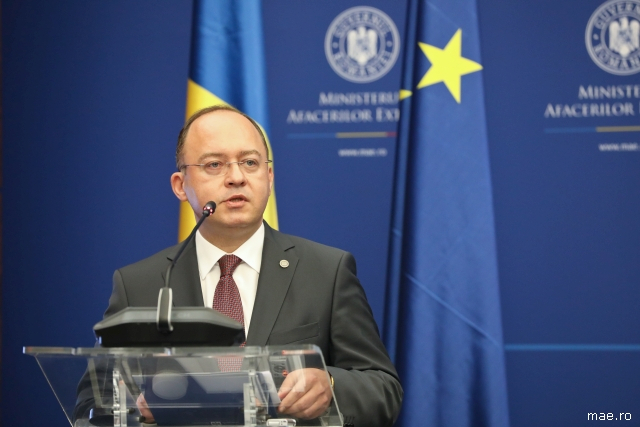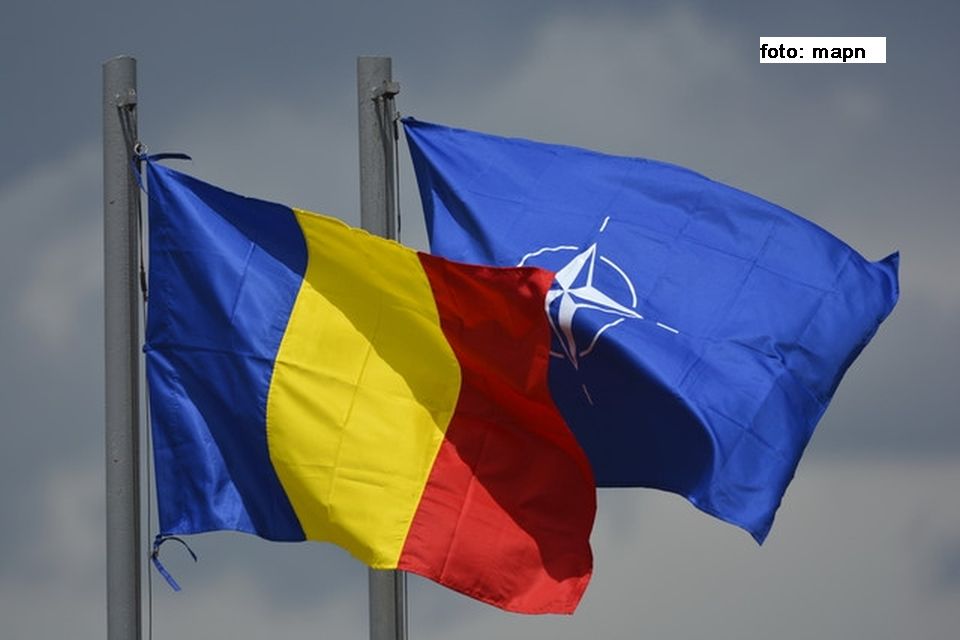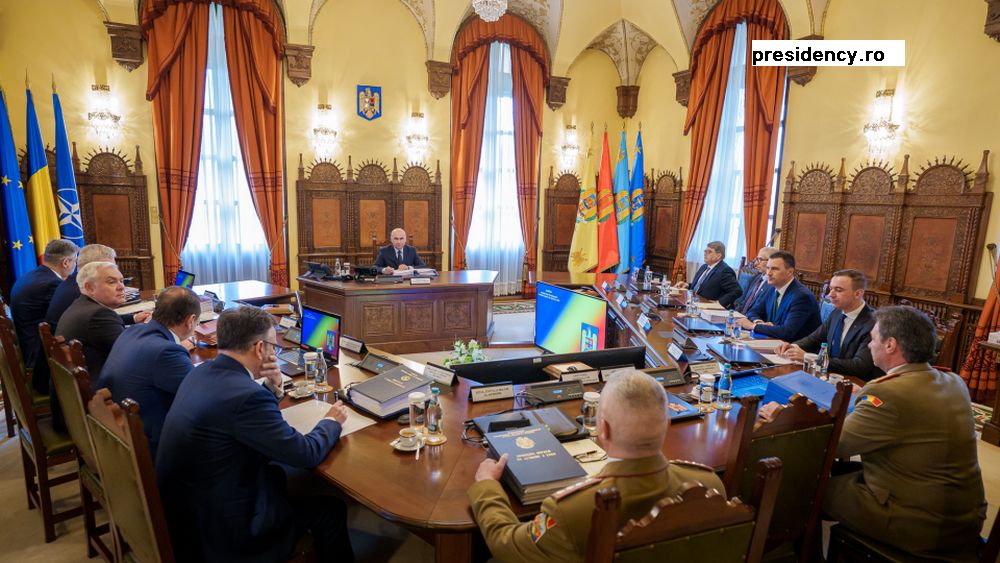Diplomatic coordination for Europe’s security
EU and NATO member countries are looking for a diplomatic solution to the conflict between Russia and Ukraine, which is a threat for the entire Euro-Atlantic area.

Roxana Vasile, 04.02.2022, 14:00
Moscow plans to fabricate a pretext to attack Ukraine, the Pentagon’s spokesman John Kirby said in a press conference on Thursday. Russia dismissed the claim saying it only wants to protect its security. In order to prevent a possible military conflict, diplomatic actions are carried out in Europe. In Bucharest, the worrying security situation regarding Ukraine, which neighbors Romania, and the Black Sea area was discussed by the foreign ministers of the Bucharest Nine (B9) group of Eastern Flank NATO Allies, namely Bulgaria, the Czech Republic, Estonia, Latvia, Lithuania, Poland, Romania, Slovakia and Hungary. Joining as special guest the talks held in a hybrid format was the French foreign minister Jean-Yves Le Drian, who paid a two-day visit to Bucharest, and the Ukrainian foreign minister, Dmytro Kuleba.
On that occasion, the head of Romanian diplomacy, Bogdan Aurescu, said: “NATO promotes with clarity this dual approach of deterrence and dialogue, to which I would add the conclusion that we, Romanians, have reached following our historical experience, that when substantial dialogue is needed to yield results in this part of the world, strong deterrence is the key. If we compare the allied presence on the eastern flank of the Alliance and also in the south, where Romania is located, with the current Russian presence in Ukraine s vicinity and at the Black Sea, it is clear that the first is much smaller, so we cannot speak of a deployment of allied forces that pose a threat to Russia and no such thing as an attempt of NATO to escalate the situation. Quite the opposite.
According to Minister Aurescu, it is not just the security of Ukraine, of the region or of Europe at stake, but the security of the entire Euro-Atlantic area and the Black Sea is part of it, for which reason allied states should further have a common stand as to the concrete measures to be taken, so as to deescalate the situation and continue dialogue.
In his turn, the French foreign minister Jean-Yves Le Drian, highlighted the unity of the allies and the fact that all dialogue channels with Russia are open. In Paris, the diplomatic activity on the topic of the crisis between Moscow and Kiev has been consistent. On Thursday, President Emmanuel Macron discussed over the phone with his Russian, Ukrainian and Polish counterparts, a day after holding talks with US President Joe Biden. In his turn, German Chancellor Olaf Scholz, wants to be on the same page with the presidents of France and Poland as regards the conflict in Ukraine, while Turkish President Recep Tayyip Erdogan offered to mediate between Ukraine and Russia. (EE)






























